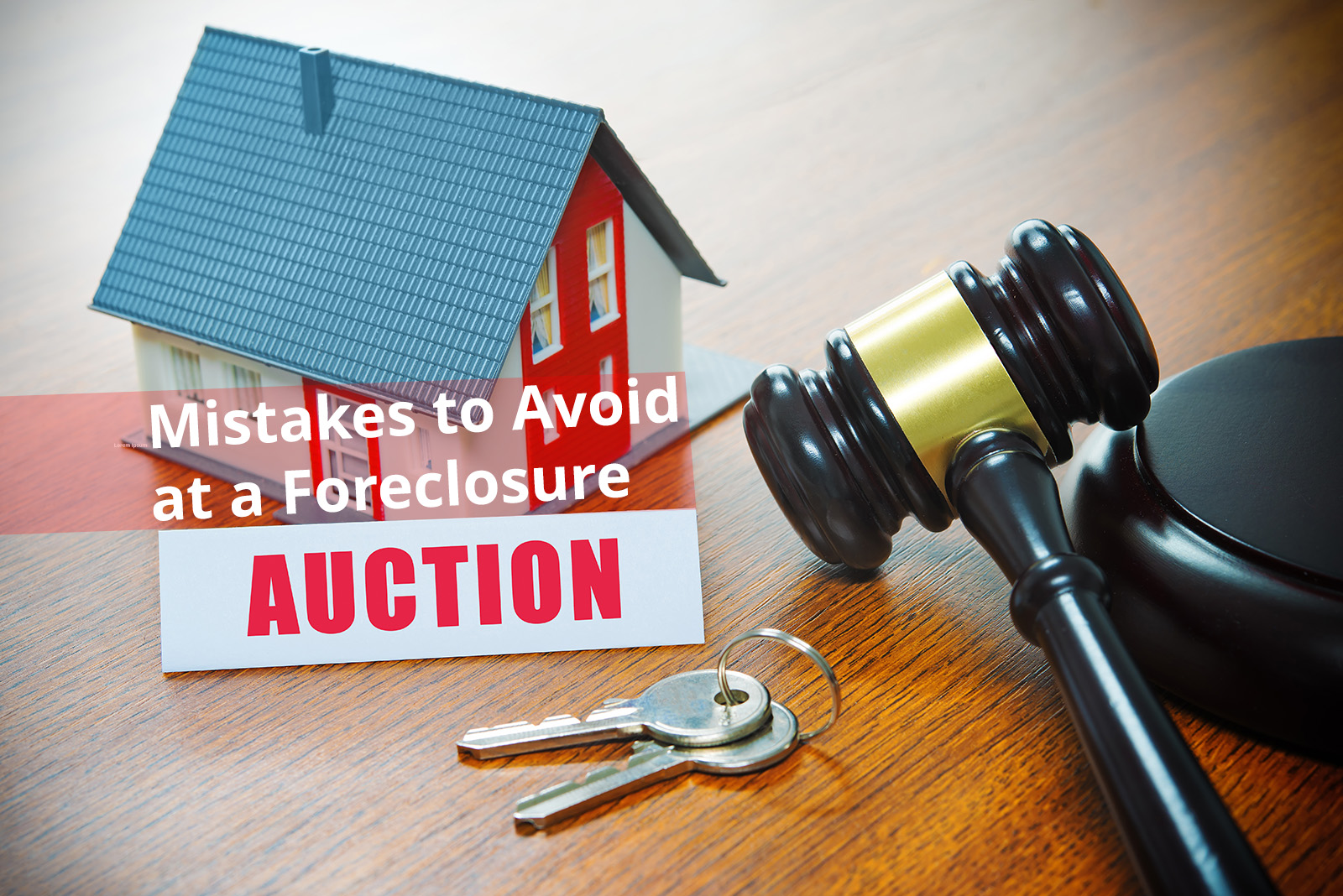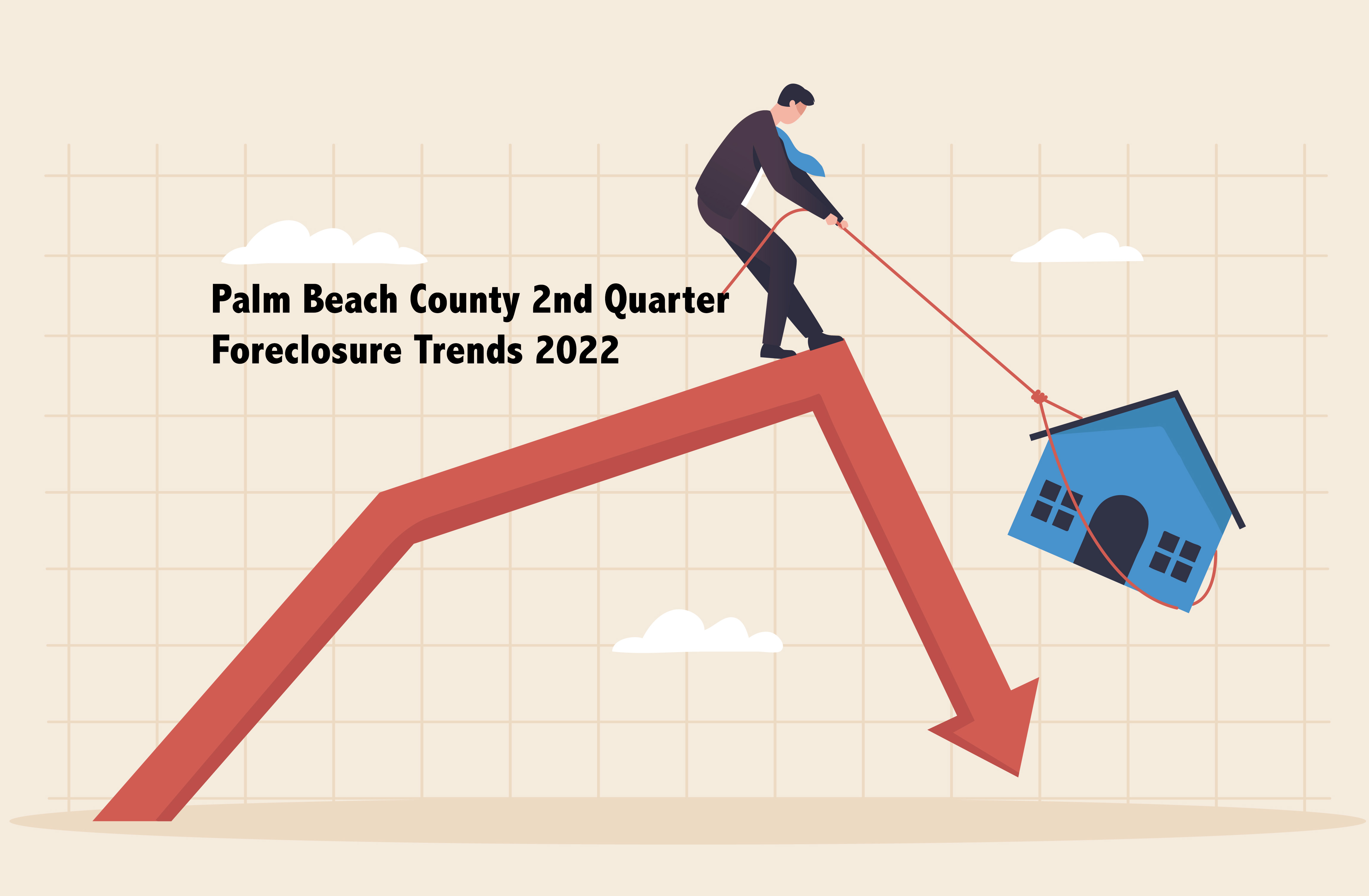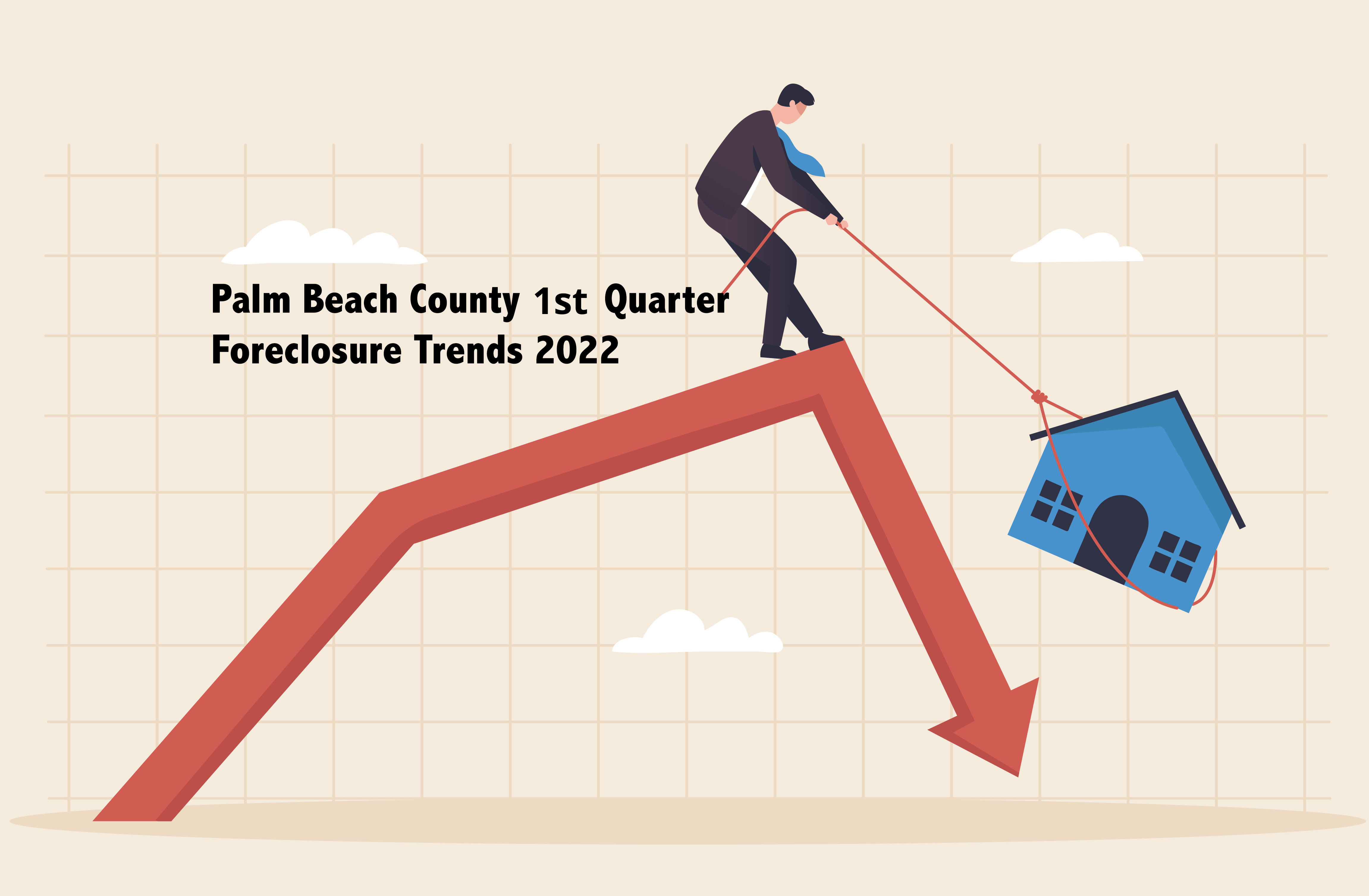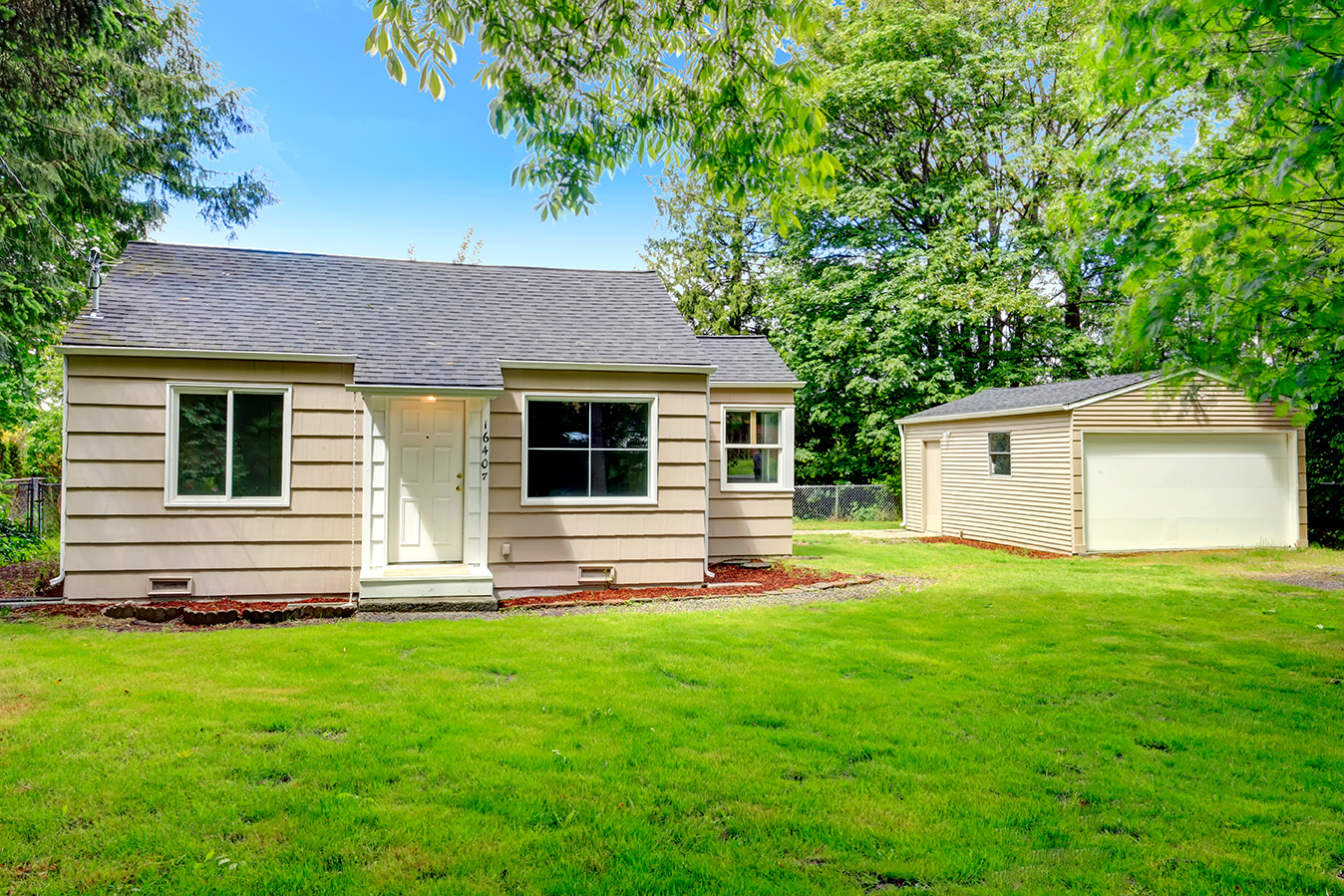How to Buy Bank-owned Properties and REOs in Palm Beach at a Discount
By: David Sicherman
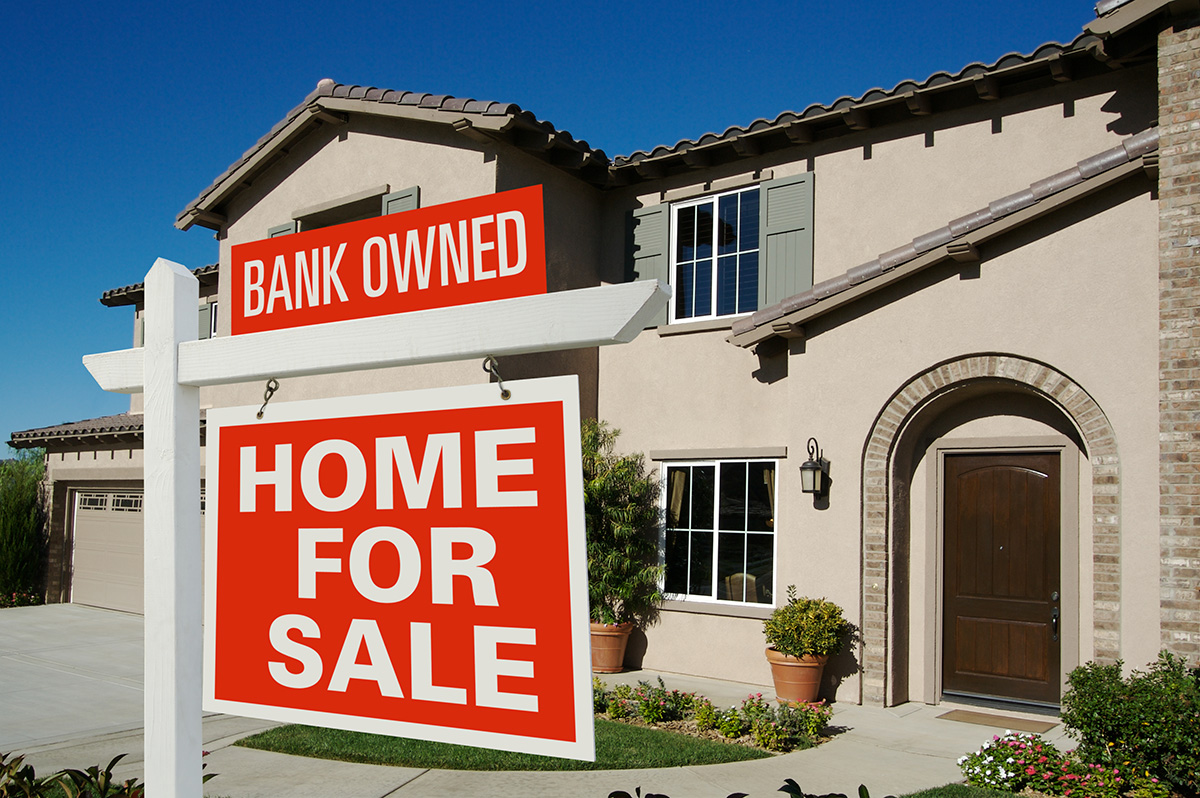
Purchasing bank-owned and Real Estate Owned (REO) properties is a gainful strategy for investing in the real estate market. It comes with its unique advantages as well as its challenges and has a process that is quite different from real estate transactions of regular properties.
Therefore, investors looking to add bank-owned properties or REOs to their portfolios must possess a detailed understanding of the requirements of the transaction. The same goes for new investors to acquire their first property by purchasing a bank-owned property.
What is a Bank-owned Property?
A bank-owned or real estate-owned property is a term used for properties that are not sold in a foreclosure auction. These properties are reclaimed by the lender, -usually a bank- and added to the inventory. The properties are then listed and sold to investors at a lower price than their actual market value.
Before acquiring a bank-owned property in Palm Beach, these are necessary tips to know and practice:
Carry Out a Market Survey
Before investing in real estate, ensure that you carry out a market survey to know the average costs of REO properties, additional expenses, and what is generally required to ensure a smooth purchase. This helps you to be adequately prepared financially and ensures that you see the process through without incurring any extra debts or encountering difficulties.
Employ a Real Estate Agent
While it is not mandatory to employ an agent when acquiring property, however, it is advisable to have a professional guide, especially when purchasing bank-owned properties. Competent real estate agents with experience in the REO market provide you with invaluable information to help you make informed choices as well as save time and unnecessary expenses.
Search for Bank-owned and REO Properties
After carrying out a market survey and drawing up a budget, it's time to look for properties that suit your needs. There are numerous ways of finding a good property. They include:
- Banks inventories
- Multiple Listing Service (MLS)
- Online service
- Real estate agencies
Create a Proposal
After finding an appropriate property, an offer should be made to the lender. This is a crucial aspect of the procedure and must be handled with expertise to prevent your offer from getting rejected.
It is advisable to work with an agent who has experience in handling the purchase of bank-owned properties. Bear in mind that the offer would contain the maximum price you are willing to pay for the property. You should also be prepared for the possibility of a counteroffer.
Carry Out a Title and Documentation Research
It is important to ensure that all documentation related to the property has been properly cleared. Though rare, there may be outstanding liens such as property taxes or mechanic liens on the property even after the auction.
This may stall the process of acquiring the property and even add extra cost on the buyer's part; therefore, it is crucial to carry out a title search on the property. A simple public records investigation would help you know if there are any issues.
In Palm Beach, a title search should cost anywhere between $100 and $200.
Carry Out a Property Appraisal
Unlike foreclosed properties, a potential owner can assess the property in question before negotiations and payments are made. This is because bank-owned properties can come with defects, and it would fall upon the buyer to make all repairs and renovations.
To avoid a property’s after-repair value that is less than the property’s purchase price, you should carry out a property appraisal. This gives you an idea of the state of the property, its current value, and the amount you would be requiring in the way of repair/renovation expenditure.
In Palm Beach, property appraisals cost an average of $350 to $450.
Determine Payment Terms
Lenders are more inclined to finalize transactions with buyers who are financially committed because they want to get the property off their hands as quickly as possible. As a result, once your offer has been accepted, you should negotiate the terms of payment with the lender, including the rate of payment, and the form of payment -cash, bank wires, etc.
Completion of Purchase
Once all necessary payments have been made and all documents have been duly approved, there is a legal transfer of ownership of the property to the buyer. This signifies a successful end of the transaction. Ensure this procedure is carried out under the supervision of your attorney and real estate agent.
Frequently Asked Questions
Are Foreclosed and Bank-owned Properties the Same?
No, a foreclosed property is not the same as a bank-owned property. Although most people use the terms ‘foreclosure’ and ‘bank-owned’ properties interchangeably, they mean different things. Foreclosure typically occurs after a homeowner default on their mortgage payments while a property receives a bank-owned status after failing to sell at an auction.
Are Bank-owned and Real Estate Owned Properties the Same?
Yes, a bank-owned property is the same as a real-estate-owned property. These terms can be used interchangeably as they are synonymous. At other times, they may be jointly used as well.
Should I Buy a Bank-owned Property?
Although there are some peculiarities associated with acquiring bank-owned properties that are not present during the acquisition of traditional properties, the former is a potential opportunity to invest in real estate at a discount. This is because the lender wants to sell the property quickly to recover their money, and so is very likely to give out the property at a lower price than the actual market price. If you can secure a good deal, this can eventually lead to a high rate of return on investment.
Conclusion
Bank-owned properties are a lucrative investment because they can be bought at a cheap price and sold at a higher cost. Before investing in these kinds of properties, it is important to prepare adequately and carry out the necessary research required. Practicing the tips discussed above would greatly increase your chances of a successful transaction.
Recent Articles
Featured Auction
View All140 W 34th St 1, Riviera Beach, Fl 33404
Date: 07/21/2025
Auction Status: Upcoming
14745 Morgan Close, Wellington, Fl 33414
Date: 07/22/2025
Auction Status: Upcoming
1545 Nw 23rd Ln, Delray Beach, Fl 33445
Date: 07/23/2025
Auction Status: Upcoming
782 Carissa Dr, Royal Palm Beach, Fl 33411
Date: 07/27/2025
Auction Status: Upcoming
Recent Foreclosure Listings
140 W 34th St 1, Riviera Beach, Fl 33404
Date: 07/21/2025
Auction Status: Upcoming
14745 Morgan Close, Wellington, Fl 33414
Date: 07/22/2025
Auction Status: Upcoming
1545 Nw 23rd Ln, Delray Beach, Fl 33445
Date: 07/23/2025
Auction Status: Upcoming
782 Carissa Dr, Royal Palm Beach, Fl 33411
Date: 07/27/2025

